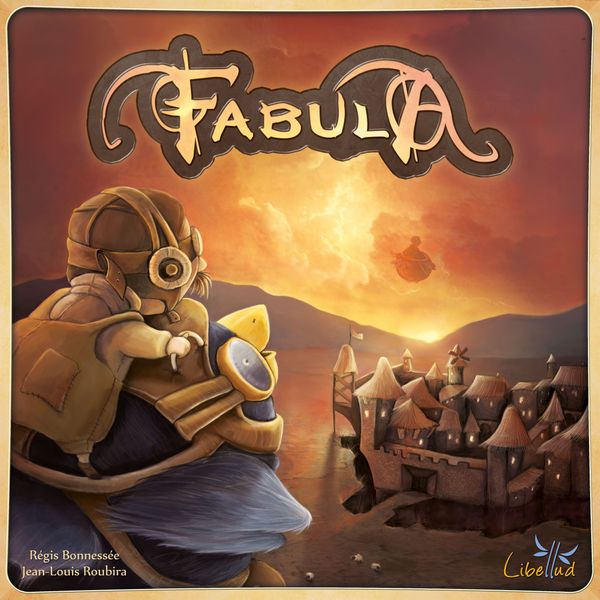Fabula (2010) Board Game
Fabula is a storytelling board game designed by Mélanie Fuentes and released in in 2010. It is a fantasy game that allows players to immerse themselves in a world of imagination and creativity. With beautiful artwork by Asmodee and Libellud, Fabula sets the stage for an exciting storytelling experience.
Game Components of Fabula
How To Setup Fabula
To set up Fabula, one player takes on the role of Grimm, while the other players choose their fairy tale characters. The game board is laid out, and each player receives their respective character cards and tokens. Story cards are shuffled and placed within reach. The Grimm player prepares the narrative framework, and the game is ready to begin.
Gameplay Mechanics and Game Objective
Player Experience
Playing Fabula is an interactive and creative experience where players collaborate to build a story. The Grimm player sets the scene, and other players add their characters’ actions and dialogue. This dynamic makes each game session unique and dependent on the players’ imaginations and teamwork.
Pros
Cons
Personal Thoughts on Fabula
Fabula is ideal for groups who enjoy creative storytelling and collaborative gameplay. It’s a great choice for families or friends looking to enhance their social and creative skills. However, it may not suit players who prefer more structured or competitive games. Overall, Fabula offers a unique and engaging experience that celebrates the art of storytelling.
We are supported by our audience. When you purchase through links on our site, we may earn an affiliate commission, at no extra cost for you. Learn more.

